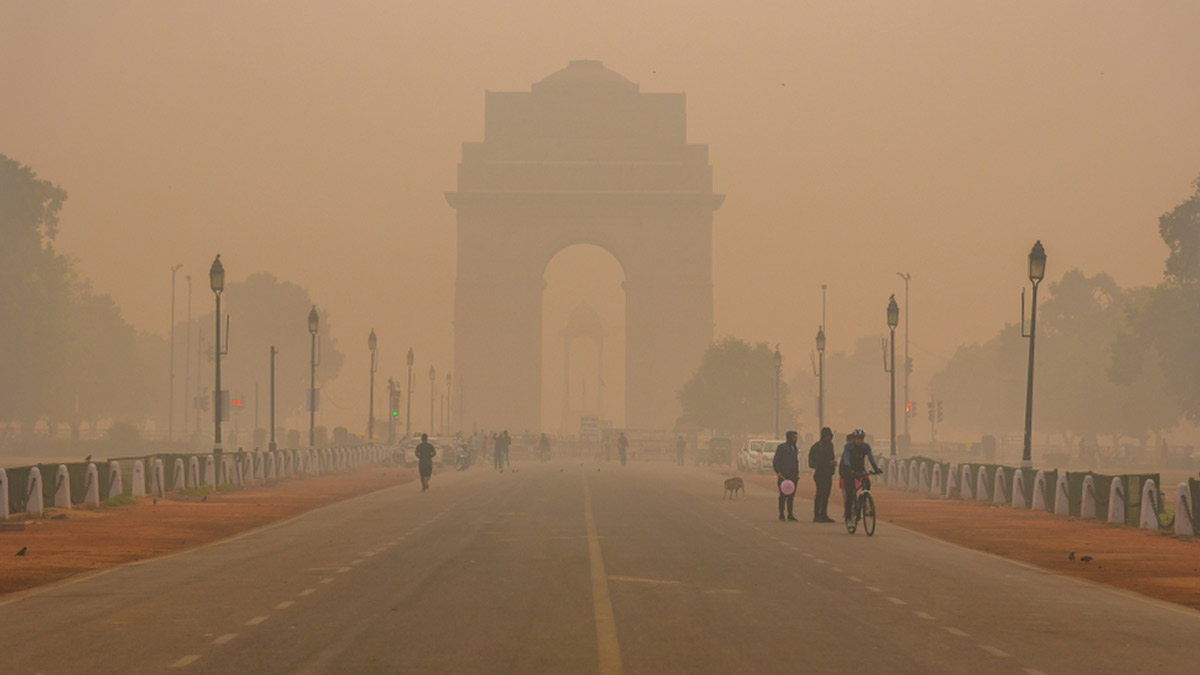
As Diwali week kicks off, Delhi’s overall air quality on Monday morning showed improvement compared to the previous day, though it remained in the 'very poor' category, posing health risks. At 6 am, the national capital recorded a 24-hour average Air Quality Index (AQI) of 264, which was nearly 90 points lower than yesterday. However, the AQI still falls within the "very poor" range. This improvement comes after two days of severely degraded air quality caused by stagnant winds, which limited pollutant dispersion. On Sunday, Delhi's air quality worsened to 'very poor,' as calm conditions trapped pollutants, with some areas reaching 'severe' pollution levels.
Table of Content:-
However, last week, Delhi was no less than a gas chamber as the AQI hovered between 300 and 400, inching dangerously close to the "severe" mark. Across the city, the air quality remained alarmingly poor the entire week, posing serious health risks to residents.
Prolonged exposure to such poor air quality can cause severe respiratory problems, worsen heart conditions, and even lead to long-term damage like lung cancer.
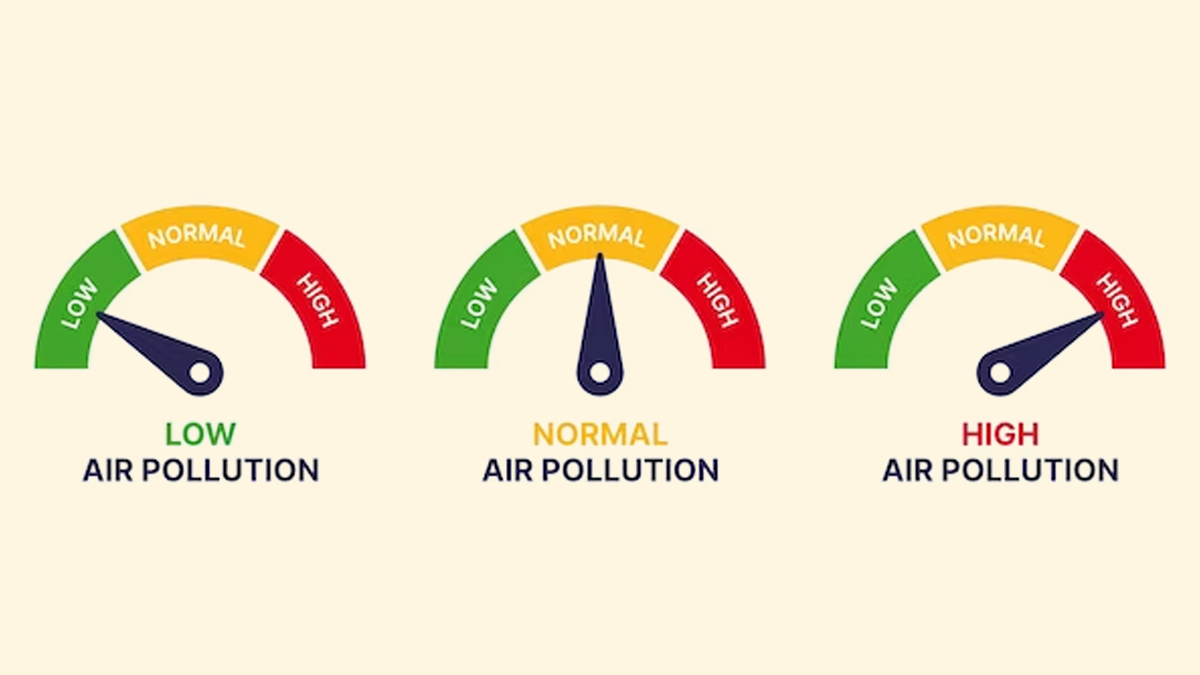
Studies have shown that this elevated pollution levels could shorten life expectancy by at least 4 to 5 years and may lead to irreversible lung damage or lung cancer, with the repercussions likely becoming apparent in the coming years.
A report from the Energy Policy Institute at the University of Chicago revealed that nearly 20 million people residing in the National Capital Territory (NCT) of Delhi are projected to lose an average of 11.9 years of life expectancy compared to the World Health Organization's guidelines. Furthermore, according to India's own national standards, these residents are at risk of losing 8.5 years of life expectancy if current pollution levels continue.
Severe Health Hazards Caused by Air Pollution
To understand the health hazards caused by air pollution, OnlyMyHealth interacted with Dr Anandmoy Dutta, Founder and Consultant, AMD Clinic and Healthcare, South Kolkata.
"The worsening air quality in Delhi-NCR is not just an inconvenience; it is a serious public health threat," Dr Dutta states. "Exposure to such high levels of pollution can lead to various severe health issues, especially respiratory diseases," he further added.
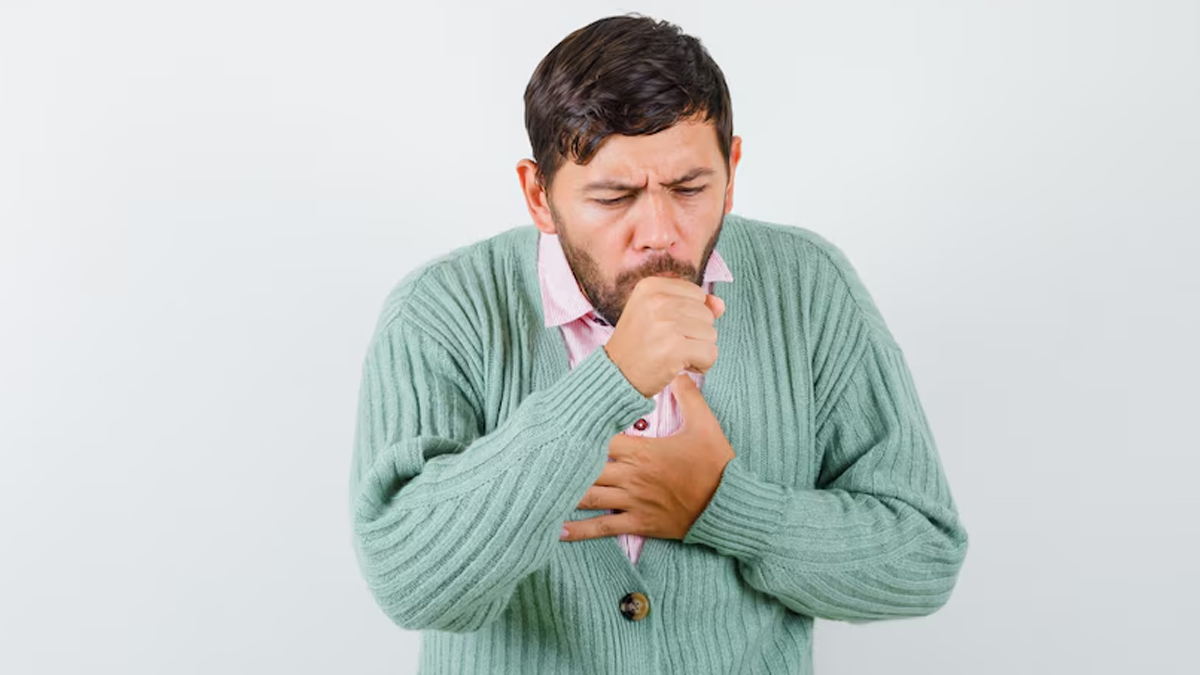
According to Dr Dutta, those with pre-existing respiratory conditions, such as asthma, chronic bronchitis, and chronic obstructive pulmonary disease (COPD), are at an even greater risk. Prolonged exposure to polluted air can lead to the development of cardiovascular diseases, reduced lung function, and even lung cancer. "Children, the elderly, and those with weakened immune systems are the most vulnerable," he warns.
The repercussions of air pollution extend beyond physical health. Research has identified a strong link between high pollution levels and mental health problems, including heightened anxiety and stress. A study conducted in the US and Denmark revealed a significant link between exposure to air pollution and a heightened risk of psychiatric disorders, including depression, schizophrenia, bipolar disorder, and personality disorders.
"Long-term exposure can impair cognitive development in children and exacerbate neurological conditions in older adults," Dr Dutta elaborates.
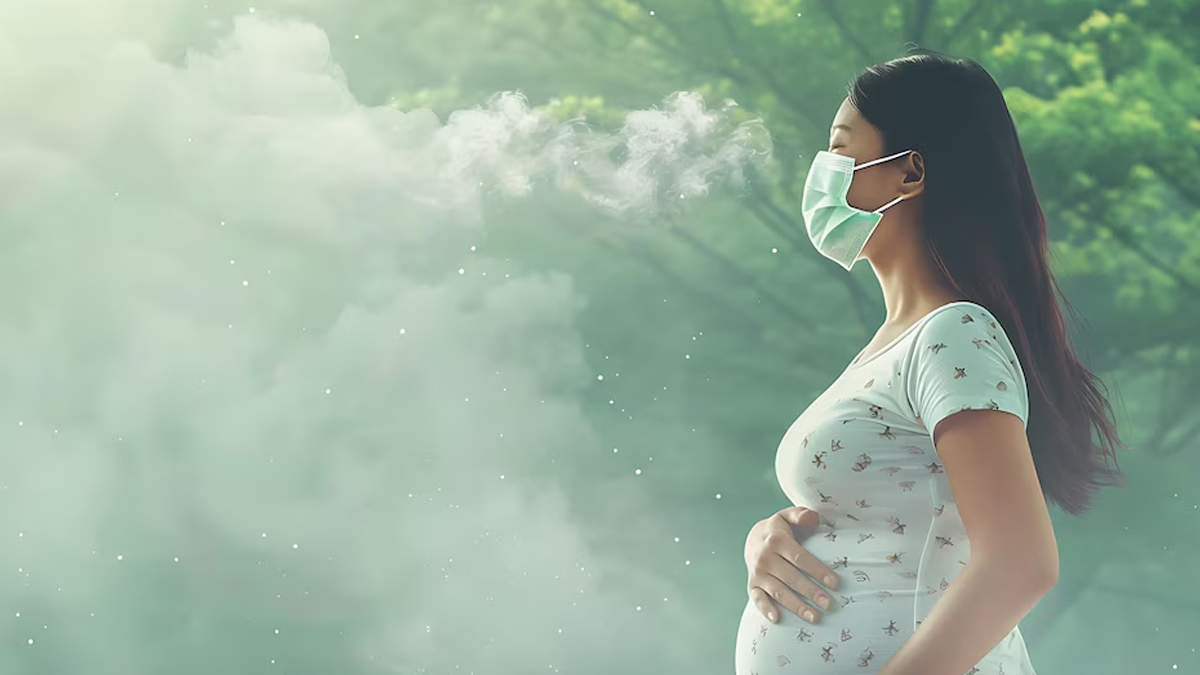
Moreover, pregnant women are not spared from the dangers of polluted air. "Pregnant women breathing polluted air face higher risks of preterm births, low birth weight, and developmental issues in babies," Dr Dutta notes.
The situation becomes even more dire when considering the microscopic particles, specifically PM2.5 and PM10, which can penetrate deep into the lungs and enter the bloodstream. "These tiny particles increase the risk of strokes and heart attacks," Dr Dutta warns. In fact, air pollution is linked to an increase in premature deaths globally, with Delhi being one of the hardest-hit cities.
How to Stay Safe During Peak Pollution Hours
While long-term solutions take time, there are immediate actions individuals can take to protect themselves during times of severe pollution.
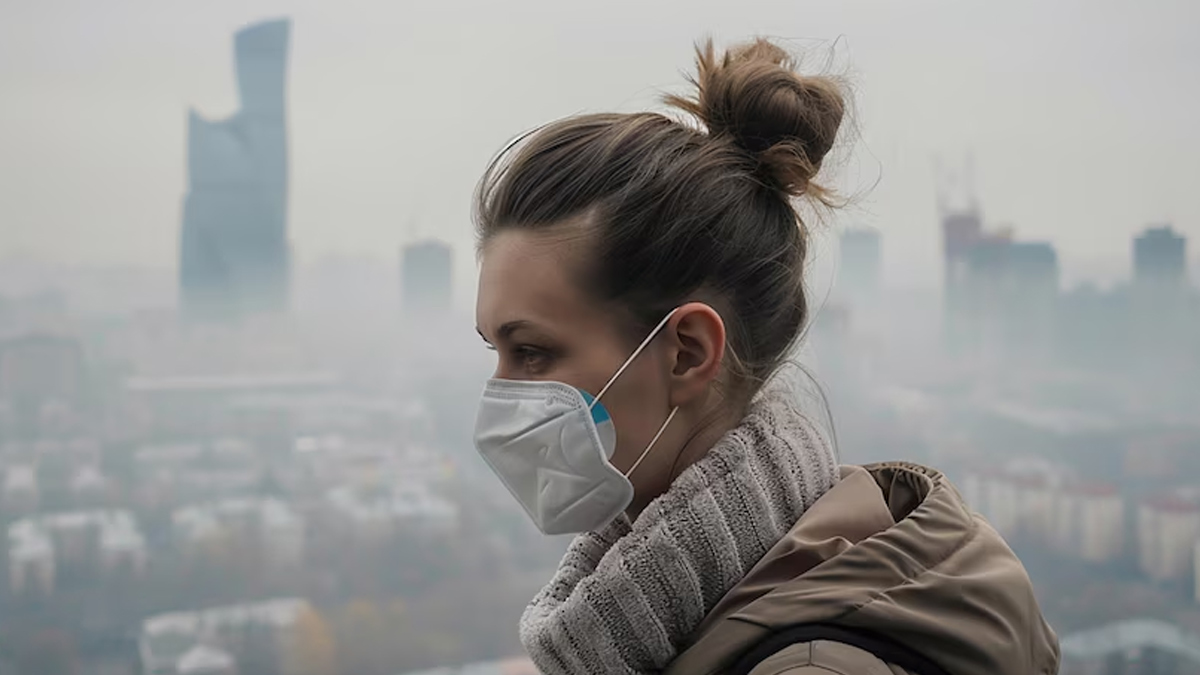
Stay indoors: Limit outdoor activities, especially during peak pollution hours (early morning and evening). Keep windows closed to prevent indoor air contamination.
Use air purifiers: Invest in a good quality air purifier for your home. Air purifiers with HEPA filters can reduce indoor air pollution significantly, making your living space safer.
Wear masks: Wear high-quality pollution masks (N95 or N99) when you have to step outside. These masks are designed to filter out harmful particulate matter.
Hydration and diet: Staying hydrated and consuming a diet rich in antioxidants can help the body combat the effects of pollution. Foods high in vitamin C, omega-3 fatty acids, and other anti-inflammatory agents can provide some defense against respiratory stress.
Monitor AQI: Keep an eye on AQI levels using smartphone apps or online resources. Avoid venturing out when the AQI is particularly high, and plan your outdoor activities when the pollution levels are lower.
Conclusion
While Delhi’s air quality continues to be hazardous, a combination of government action and individual precautions can mitigate the risks. Protecting oneself from this toxic air is crucial to avoid long-term health complications.
Also watch this video
How we keep this article up to date:
We work with experts and keep a close eye on the latest in health and wellness. Whenever there is a new research or helpful information, we update our articles with accurate and useful advice.
Current Version